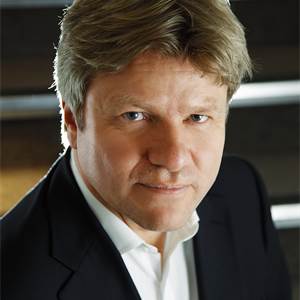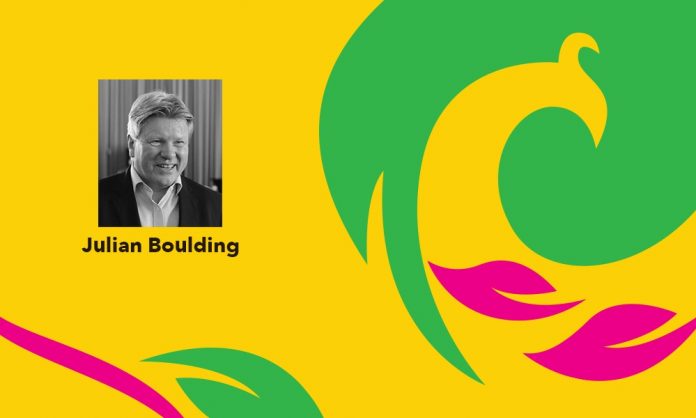
Our Editor got a chance to meet Julian Boulding, President & Co-Founder – TheNetworkOne, and asked how open source creativity can revolutionize the way advertising agencies conduct business.
As originally published in Synergyzer Annual 2020.
Synergyzer: Tell us about open-source creativity that is the hallmark of TheNetworkOne. Why is it a game changer for the industry?
Julian Boulding: Most of the agency business around the world operates on a traditional model, where majority of the agencies are owned by multinationals that do not want to work outside their network, like WPP for instance. WPP only works within its own agency and supplier network.
Yet, we at TheNetworkOne feel there is much to gain from the diversity of talent one can call on.
We have already seen what employing a diversity of talent has achieved in other industries, like hospitality and transportation. Airbnb and Uber took a simple idea and transformed it into something amazing. Sadly we are yet to see something like that in advertising; we feel it’s really important that businesses become more open.
So we work with such agencies that are open to the idea of working in synergy with each other, without owning each other hence creating a cluster of agencies that work together effectively. So the whole process becomes more agile and flexible, allowing us to choose resources that may be able to deliver the best results based on the client’s need at that moment.
This is what open-source creativity is all about; the process of being more open to working with new people collaboratively minus the unnecessary commands and control, where advertising is more open-minded.
Synergyzer: How does such system ensure discipline and professionalism? Sometimes it can only be done through apprenticeship…
Julian Boulding: No, I honestly don’t agree with that. If you take world-class companies like Apple or Nike, they do not own factories. But do they have a problem with quality control? Of course not — because they have managed to maintain discipline in their operations. They have systems and standards in place. In fact, it’s much easier to control quality if you do not own the factory. Likewise it’s much easier to control quality if you do not own the agency. The same goes for any other business.
Only in advertising do I see people being obsessed with the notion: ‘I can’t control it if I don’t own it.’ Trust me! It’s not the case.
So how do we deal with this on a practical level? We visit agencies – I travel the world to visit agencies – and establish relationships. We work out who we can trust, and who has professional standards. We do not necessarily work with all those people or agencies we meet, rather only those we have accredited and evaluated and those who voluntarily agree to work with us. Yet, once we do that, we contract them and then maintain the obligations set forth along with creating reporting structures, IP protection protocols etc. the way Apple or Nike do with their independent production units. So basically you build relationships of trust with people you want to work with, and underpin those with a contract. This way you do not end up with misunderstandings despite good intentions from both ends.
Synergyzer: As an industry veteran who has interacted with advertising agencies around the world, what advice would you give to Pakistani advertising professionals?
Julian Boulding: In my opinion, more digital-savvy professionals need to be added to companies and agencies in Pakistan, to diversify the current mix and bring some creative technology to the table. This will help catalyze Pakistan’s thriving market.
You see Virtual Reality and Augmented Reality are already there to be utilized. It is only when people here will see such technologies and understand what they have to offer will they want to get involved with them.
All in all, Pakistan is a very challenging place which makes it an interesting market. An agency associate I met yesterday said that we do not have friendly neighbors like most countries do. There are similar issues in Europe and with other nations, but this should not stop the exchange of creativity and ideas. Rather Pakistan has the opportunity to be a bridge between different regions and countries which surround it.
In my view, it’s an opportunity more than a problem for the country.
